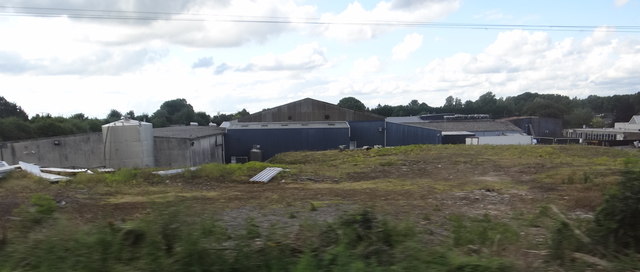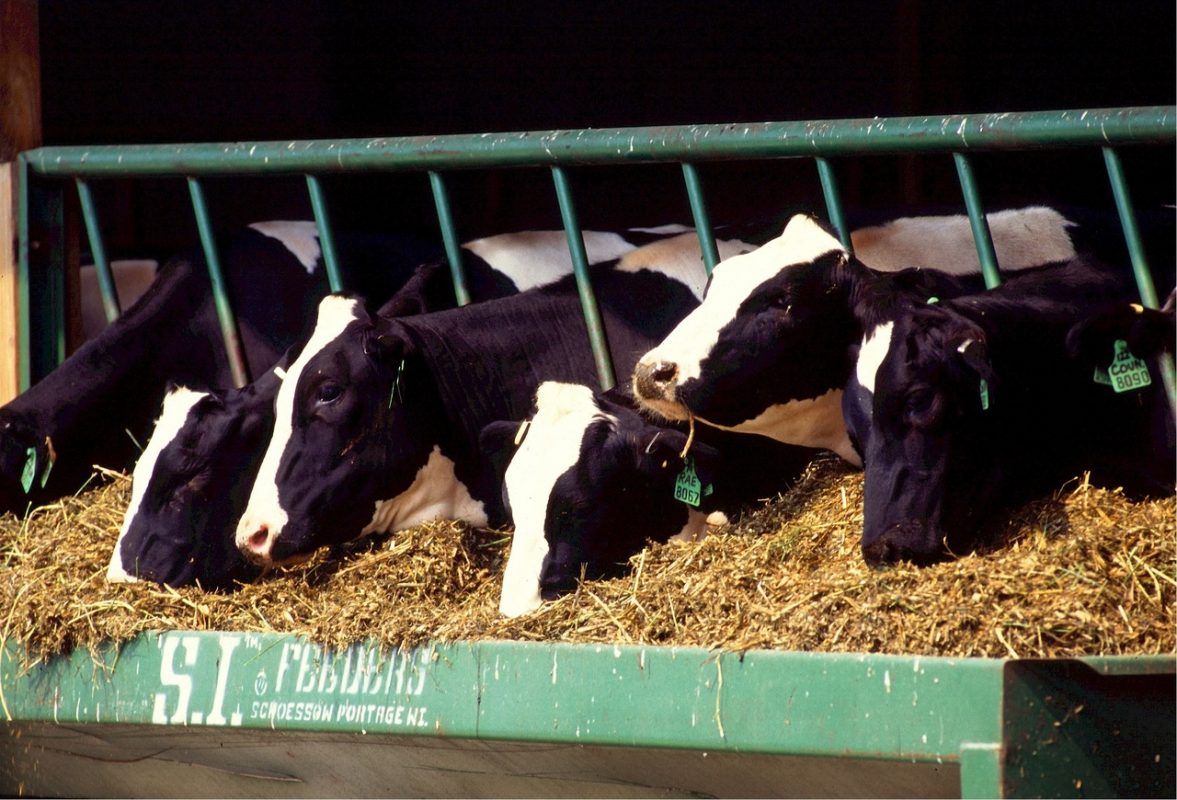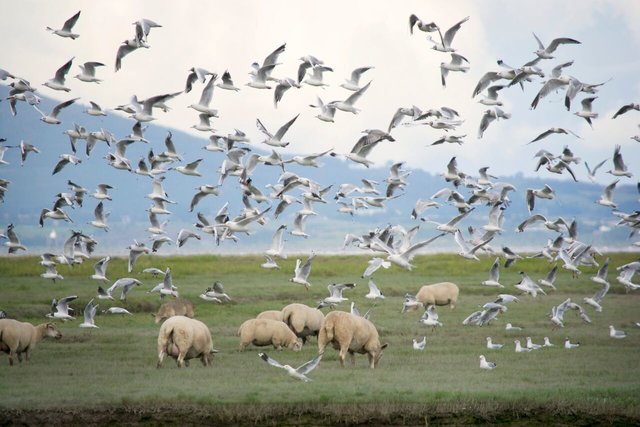Agri-food sector dominates EPA worst offender’s list

July 18th, 2019
Agri-food companies have dominated the Environmental Protection Agency’s (EPA) worst offender’s list for licence compliance issues over the past two years, new data reveals.
To date, the environmental watchdog has issued nine National Priority Sites (NPS) lists targetting industrial facilities that had major environmental regulatory compliance issues over a six-month period.
Points are allocated to each site based on the number of complaints, incidents and non-compliances. Two agri-food companies are included in the latest list released today that covers January to June 2019.
An analysis of the nine lists released since the summer of 2017 by The Green News reveals that agri-food companies account for 54 per cent of all cases in the combined lists.
The EPA’s latest enforcement report, also released today, states that the agri-food sector “continues to face challenges” in environmental compliance as the industry adapts to increased agricultural production under the State’s Harvest 2020 and Foodwise 2025 policies.
In 2018, 823 industrial and waste licences were in force, over a quarter (235) of which were for intensive agriculture facilities. A further 98 licences were linked to the food and drink (agri-food) industry, making the two the most licensed sectors last year.
The agri-food sector sites accounted for over half of the 15 prosecutions in 2018, resulting in total fines and costs of over €241,000 for 13 convictions.
Several companies with Origin Green sustainability certification were convicted, including Arrabawn Co-operative Society and Carbery Food Ingredients.
Worst offenders list
Arrow Group, one of Ireland’s largest agri-food companies, was also convicted in 2018 and appears on the EPA’s latest worst offenders list for noise and odour complaints. The Kildare-based company has appeared on all nine of the EPA’s NPS lists to date.
The group first began processing pork and beef in the late 1970s, going on to become Ireland’s largest privately-owned agribusiness group and fifth-largest within this sector in Europe.
Today, the group comprises around 100 companies, including Dawn International, with operating bases in 12 countries worldwide. The EPA prosecuted Arrow Group for odour nuisance in September 2018 with fines and costs of €24,000 imposed by the courts.
The company has taken some measures to improve odour and noise abatement at the facility, the EPA said, with complaints reduced in 2019 compared to the same period last year.
Rosderra Irish Meats Group was also convicted in November 2018, with the company pleading guilty to five charges concerning non-compliant surface water and sewer emissions, inadequate laboratory quality control and failing to maintain monitoring equipment.
A fine of €6,000 and costs of €20,000 was imposed, according to the EPA, with “significant works” now being undertaken on its wastewater treatment plant and refrigeration equipment.
Arrow Group is joined on the latest NPS list by the meat producer Kepak Clonee in Co Meath. The other facilities on the current list are Quinn Cement in Co Cavan, the Hammond Lane Metal Company in Co Cork, and the Youghal Landfill, also in Co Cork.

Overall good compliance
Overall, there was a reduction in the number of complaints received by the EPA for licenced industrial and waste sites in 2018, down 22 per cent from 2017.
The majority (85 per cent) of sites across the country did not receive any complaints against them, with over a third of complaints linked to just three sites that the EPA did not name.
The EPA said that 57 per cent of complaints related to odour and 27 per cent to noise. Almost 1,500 site inspections were carried out by the EPA in 2018.
The Agency noted over 1,600 instances of non-compliance with licence conditions, one-third of which concerned exceedances of emissions limits. One-quarter of cases were in the food and drink sector.
Over 90 of these cases proceeded to the investigation stage, with risks to water quality the most significant issue identified. A total of 264 compliance investigations were ongoing in 2018, just over half of which were closed.
[x_author title=”About the Author”]







